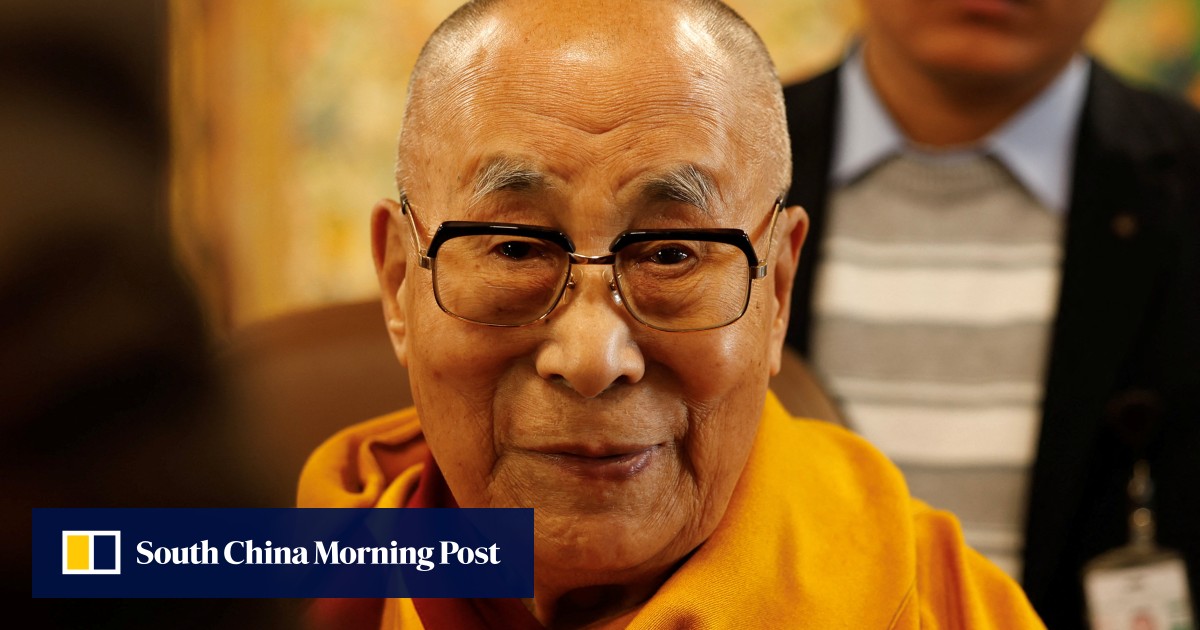A prominent US security analyst has called on president-elect Donald Trump to demonstrate the firm line he will take on China by resuming live-fire practice drills on disputed islands in the East China Sea, though some in Japan question if such a “provocative” move is the best way to reinforce sovereignty over the territory.
Robert D. Eldridge, founder and president of The Eldridge Think Tank and a director of the Hawaii-based Global Risk Mitigation Foundation, pointed out that US air and naval units used Taishojima and Kubajima – two of the eight islands and reefs that make up the Senkaku archipelago, which China claims and refers to as the Diaoyu Islands – as firing ranges from shortly after Tokyo’s surrender at the end of World War II until December 1977.
Eldridge said he believed that Washington’s decision to stop using the islands for military exercises damaged the US-Japan security alliance and undermined Tokyo’s faith in its partner, at the same time emboldening Beijing to step up its claims to sovereignty over the islands.
Resuming the exercises would reinforce the alliance and send a message to China, he said, adding that an article he wrote on the issue for Modern Business magazine in Japan had attracted attention among the US military in the region and also in political circles in Washington.
“A lot of the people who are going to be in the Trump administration understand the history here and what I am calling for,” he told This Week in Asia. “To me, it is a no-brainer.”

According to Eldridge, US aircraft and warships used Kubajima for live-fire drills for 30 years and Taishojima for 22 years, until late in 1977.

 By South China Morning Post | Created at 2024-12-25 00:16:33 | Updated at 2024-12-25 13:19:08
13 hours ago
By South China Morning Post | Created at 2024-12-25 00:16:33 | Updated at 2024-12-25 13:19:08
13 hours ago








